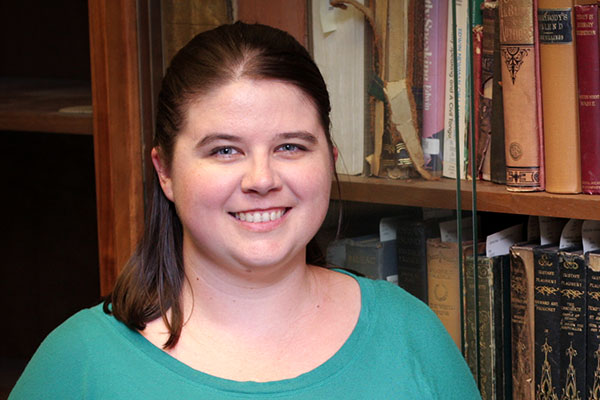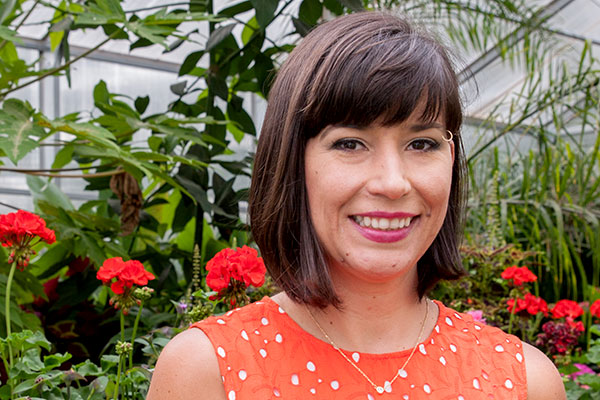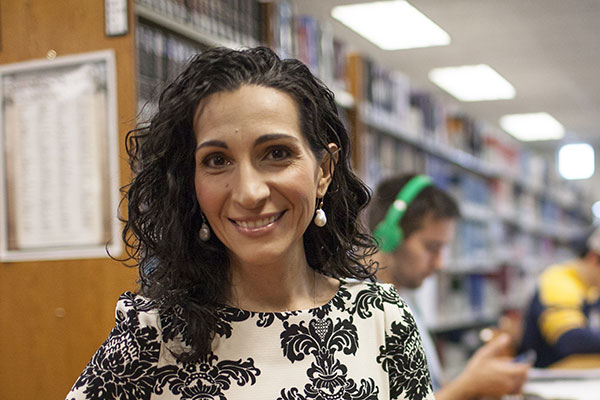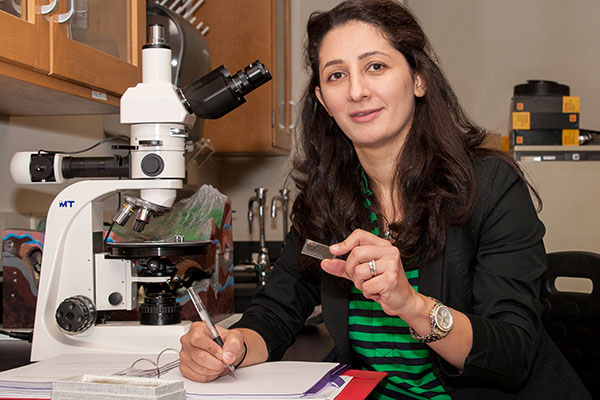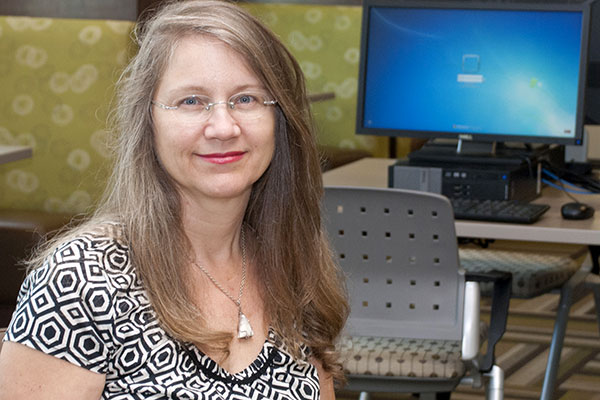Aimee Tomlinson
For Aimée Tomlinson, teaching is in her DNA. She was drawn to the field of chemistry as a young child, having developed a love of math and science. Tomlinson even conducted her own experiments, much to the chagrin of her parents, as a number of them included tests of flammability.
"I come from a long line of teachers, which includes quite a few at the grade school, middle school and high school levels," Tomlinson, professor of chemistry at the University of North Georgia (UNG), said. "There were a number of school principals in my family, even a school superintendent, so you could say teaching is in my blood."
At age 12, Tomlinson decided nuclear physics was especially interesting and set about pursuing an education that would allow her to have a career in that field.
After earning bachelor's degrees in both mathematics and chemistry from Purdue University in Indiana, Tomlinson's interests shifted to computational chemical physics and quantum theory when she arrived at Carnegie Mellon University in Pennsylvania for graduate school. She received a doctorate in theoretical and computational chemistry in 2004.
Tomlinson came to the University of North Georgia (UNG) in 2007 after serving as a visiting chemistry professor at Eckerd College in St. Petersburg, Florida, and the New College of Florida in nearby Sarasota.
"At the time, the chemistry department at UNG was looking to hire its first physical chemist, and this, coupled with the fact that it was a tenure-track position, led me to apply," Tomlinson said. "Once I visited and met with my colleagues and some of the students I decided that this university was a good fit for me. At the time I started, almost all of the students were primarily from within an 80-mile radius of the Dahlonega Campus, so there wasn't as much diversity back then as there is now."
At UNG, Tomlinson teaches an upper level physical chemistry course that combines chemistry, mathematics and physics. She considers herself a very organized instructor who does her best to make clear her expectations for each of her courses.
"I have enjoyed working with my undergraduate researchers who often have no idea what they are capable of and then providing them with the means to really challenge themselves," she said. "I love seeing that light bulb go off for a student that has had a particularly hard time grasping a subject."
Of the many honors and achievements Tomlinson has received through the years, she is most proud of the students who have worked in her research lab and gone on to earn their master's or doctoral degree.
For her dedication to helping young women pursue careers in science, technology, engineering and mathematics (STEM), Tomlinson was recognized INSIGHT Into Diversity magazine as one of "100 Inspiring Women in STEM" in 2015.
In 2017 Tomlinson had a research paper published in Polymer, the International Journal for the Science and Technology of Polymers.
She is a key member of the Molecular Education and Research Consortium in Undergraduate Computational Chemistry (MERCURY), which received a $225,000 grant for collaborative undergraduate research in 2017.
When it comes to recommending UNG to a potential colleague, Tomlinson said, "I make it a point to be very transparent when I serve on a search committee and will tell a job candidate the strengths and weaknesses of the department. I believe in giving each person a fully informed perspective, my hope is that by providing such insight we will have little to no turnover when it comes to our faculty."
